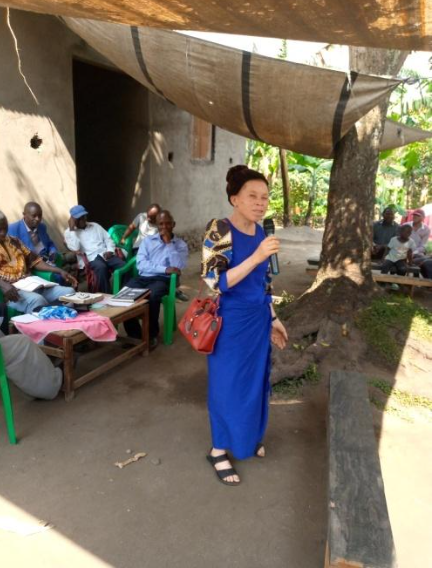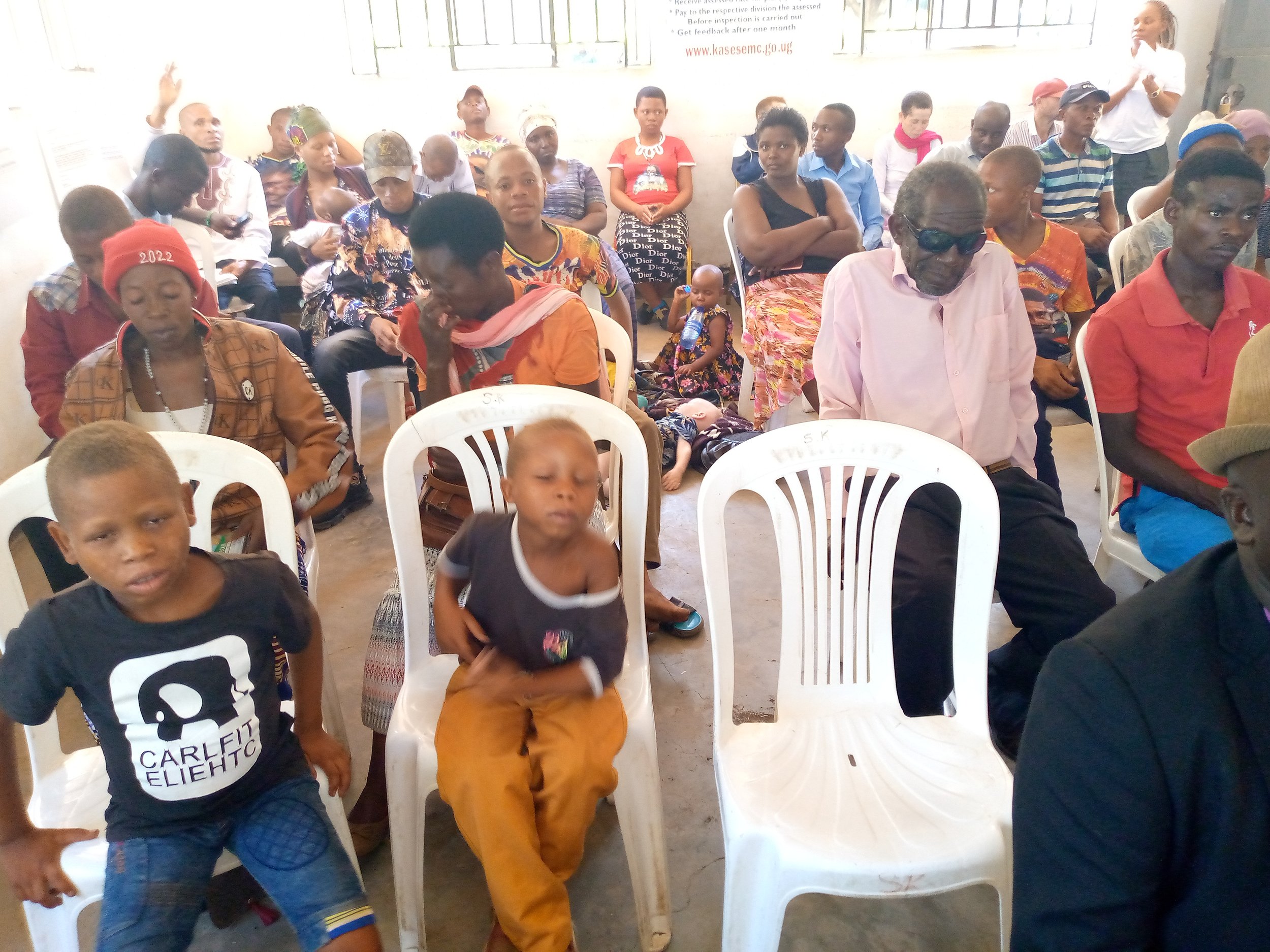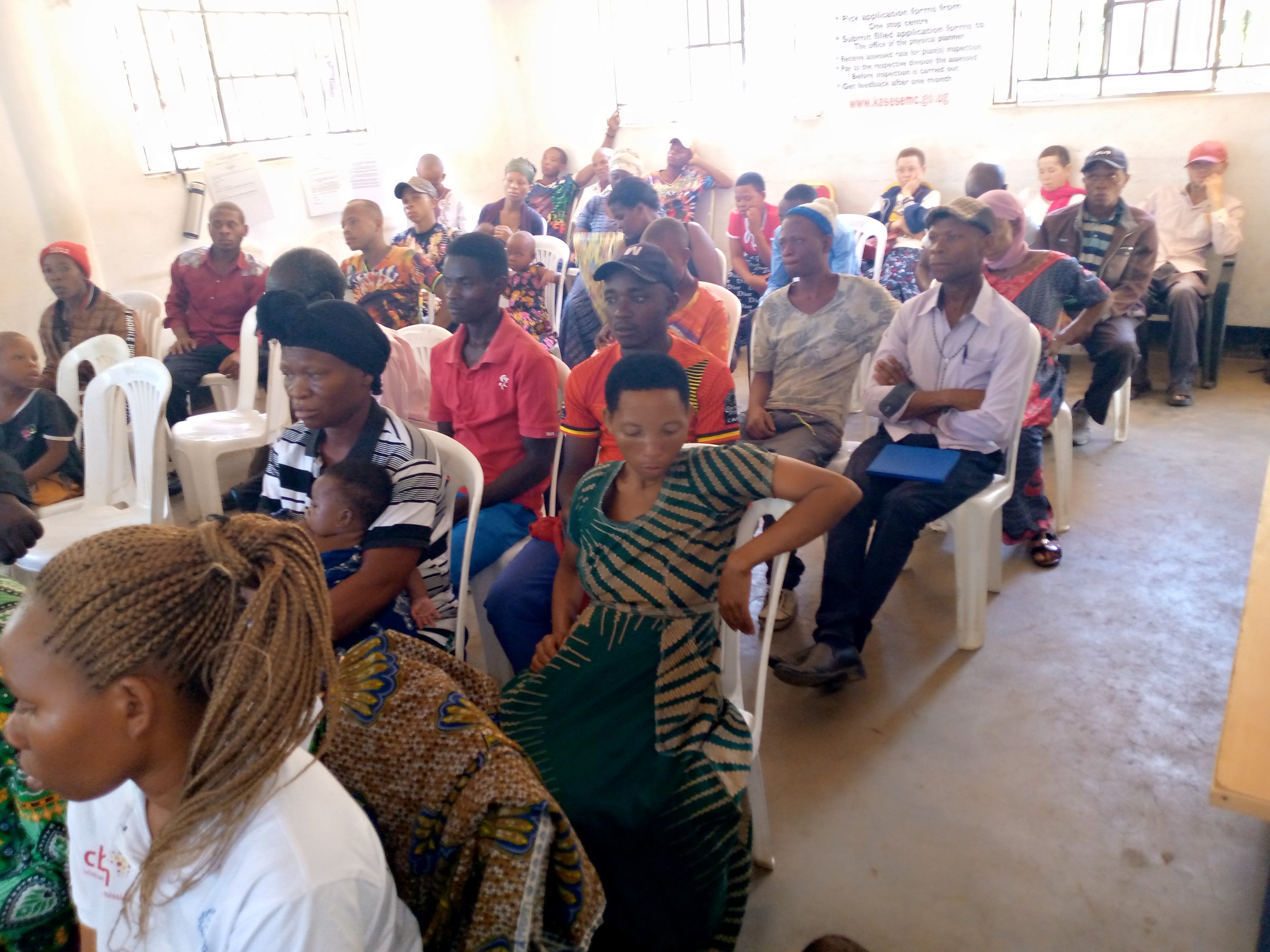Amplifying the Voices of Albinos for Safety, Rights, and Inclusion
Project Partner
About
Location: Kinyamaseke, Uganda
Key(s): Peace and Security, Economic Empowerment
Kinyamaseke Youth In Development, is a girls youth organization based in Uganda and formed in 2008 with the goal of breaking the domestic violence cycle created by social structures undermining the rights of girls. One great strength of this organization is the trust and open dialogue between the community and the organization. They do an excellent job of responding to community need and this has been the catalyst for their past few projects.
Early in 2023, KYID set out to change the narrative around HIV/AIDs in Kinyamaseke through community conversations. Through these gatherings, they became aware of how terribly people with dwarfism have been affected by HIV/AIDS and the other human rights violations taking place against them daily. At this point, the project shifted to focusing on advocating for the rights of people with dwarfism. It has been highly successful in raising awareness and improving the quality of life for those people.
However, throughout their work with the dwarfism community, another group of people began attending meetings and sharing their own story of discrimination; Albino people. Albinos are often targeted for harmful purposes due to cultural beliefs that associate them with the supernatural. They are often kept from attending school, struggle with untreated vision issues and are even believed to be evil spirits in some belief systems. After learning about their experiences, KYID knew that they needed to advocate for these people and engage local leaders to raise awareness and dispel misconceptions that threaten Albino people’s existence.
The objectives of this project are to:
Raise Awareness and Change Perceptions: Through community awareness campaigns, the project aims to dispel myths and misconceptions about Albinos. By educating the community about their rights and humanity, the project seeks to eliminate harmful supernatural associations.
Empower Albinos: Providing education and empowerment opportunities to Albinos is a key objective. The project aims to boost their self-esteem, integrate them into community activities, and contribute to their overall self-reliance.
Access to Essential Resources: The project advocates for resources like skin protection chemicals, sun hats, and sunglasses to safeguard Albinos from the harmful effects of direct sunlight. This will enhance their health and well-being.
Legal Advocacy: Collaborating with law enforcement officers, the project aims to educate the community about the legal framework protecting Albinos' rights. By promoting adherence to these laws, the project seeks to prevent rights violations.
Capacity Building: Organizing a two-day training workshop involving 40 participants, including Albinos, parents/guardians, relatives, and women group leaders. The project aims to enhance knowledge about Albinos' rights and equip participants to effectively report discrimination or violence cases.
Through accomplishing these objectives, KYID aims to achieve the following outcomes:
Improved Health Access: By sensitizing and supervising health personnel, the project envisions increased access to medical services for Albinos.
Enhanced Education: Sensitizing parents, guardians, school head teachers, pupils, and teachers is expected to lead to greater attendance and a secure learning environment for children with Albinism.
Stigma Reduction: Through awareness campaigns and education, the project aims to reduce societal stigma and discrimination against Albinos, fostering a more inclusive society.
Empowerment and Participation: By empowering Albinos with knowledge and skills, the project seeks to increase their participation in community activities, enhancing their sense of belonging and self-worth.
KYID envisions a future where Albinos in Uganda are fully integrated into their communities, with their rights upheld and their safety ensured. By challenging cultural perceptions, advocating for legal protection, and providing education, the project contributes to the long-term empowerment of Albinos, fostering a society that values their humanity.
Through community engagement, partnerships with law enforcement, and capacity-building initiatives, this project creates a sustainable foundation for protecting Albinos' rights and well-being. Involving Albinos, their families, and community leaders, will create lasting change and greater inclusivity in Ugandan society.











